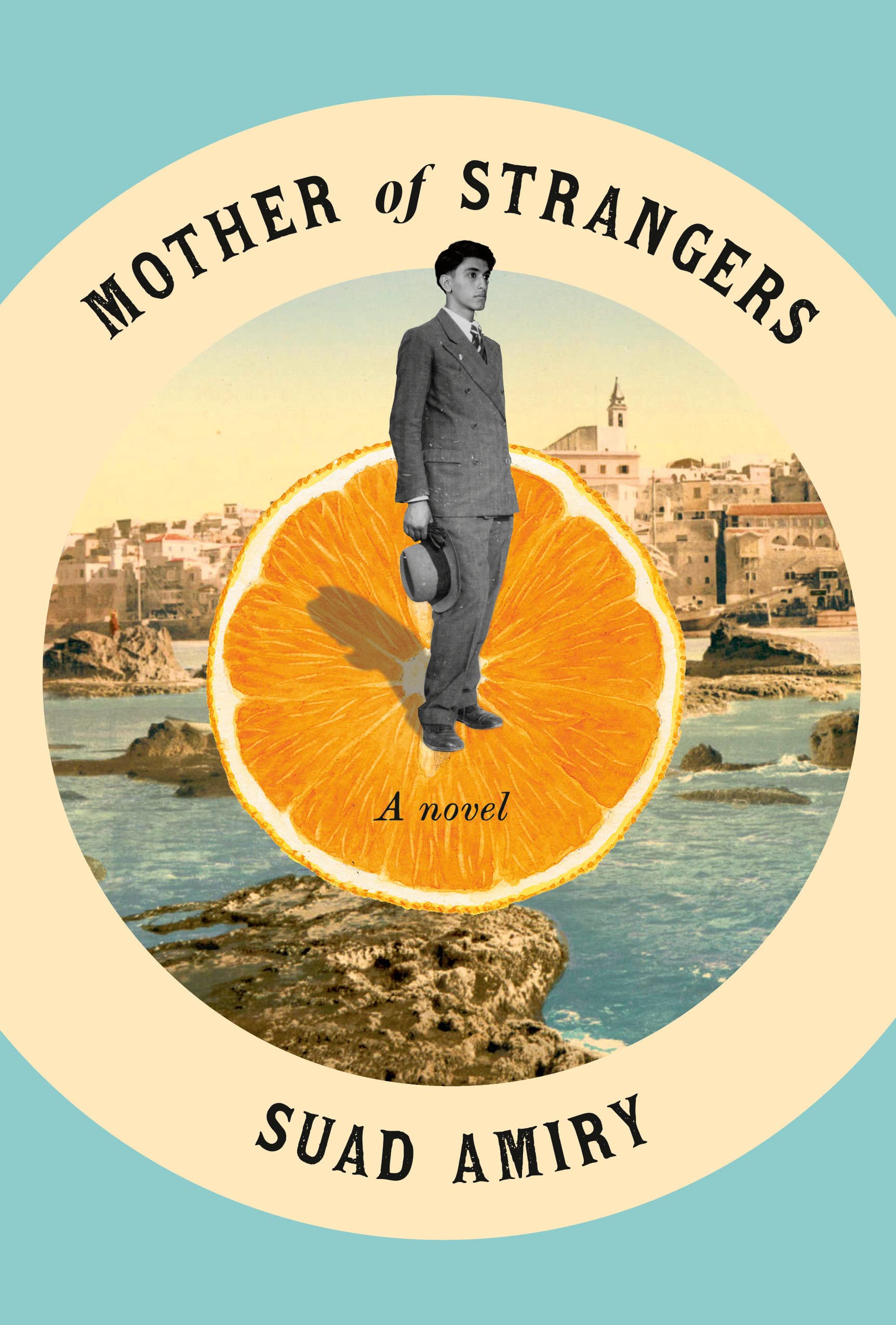
Amiry’s choice for the title of her novel, Mother of Strangers, is an homage to the city of Jaffa, the city in which most of the story is set. Indeed, while this is a coming-of-age tale revolving around two young muslims, a 13 year old girl named Shams and a 15 year old boy named Subhi, Mother of Strangers is more accurately a memoir of a lost place and people: Jaffa in the 1940s, before the end of the British Mandate and the beginning of the Arab-Israeli war. This novel is a literary memorial to the Palestine and the ethnically-, religiously-mixed community that lived there. (It should be noted that Amiry based the story on real events. There was a real Shams and a real Subhi.)
Through Subhi’s and Sham’s young eyes, the reader is treated to a view of Palestine before it became haunted by politics of religion, zionism, and war, what it it is today. Both of them were on the edge of a modern moment; in some ways eager to tear away from the traditionalism of life as it was lived by their forebears and in other ways, seeking approval and belonging in that world — only to find themselves wrenched away from it violently by invasion and war. This is a serious, heart breaking novel, not to be undertaken lightly. Grief and loss thread through it from its start, beginning with children wanting to assert to their own identities and desires, the shedding of childhood and ending with the actual, fatal loss of children, mothers, family, belongings, and legacies. This is a serious, important novel because it highlights this often-hidden aspect of Palestinian trauma. This novel humanizes a history and experience that is often sterilized in the news.
I couldn’t possibly give this novel any more stars. It is well worth the read and the tears.

[…] at the time of war. Like Yaa Gyasi’s Homegoing (which I read, but did not review here), Mother of Strangers by Suad Amiry, and Moth by Melody Razak this is a story of the effects of war and politics on those who had […]